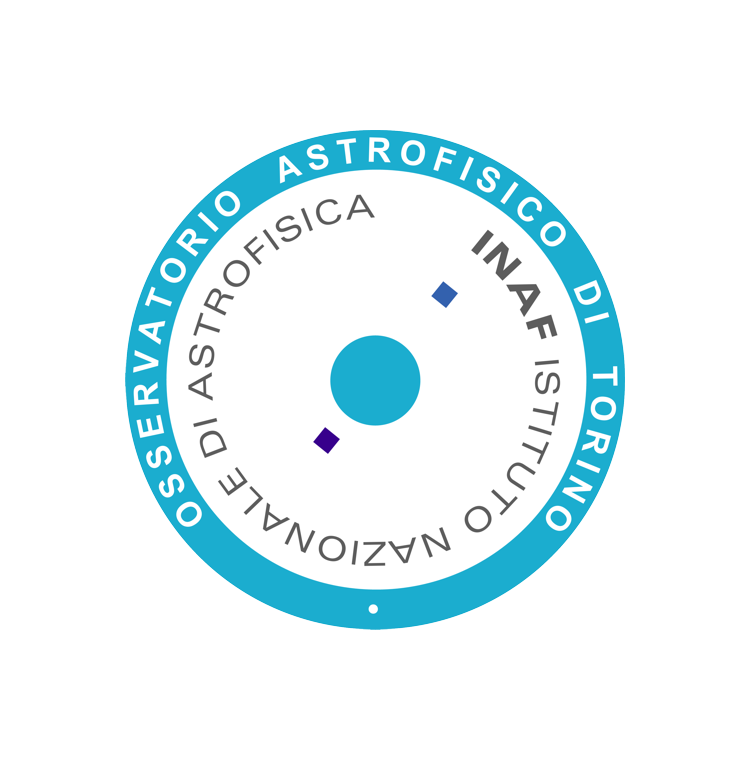Artistic representation of the planetary system around Proxima Centauri (credits: Lorenzo Santinelli)
New observations of Proxima Centauri, the nearest star to the Solar System at a distance of 4.2 light years, have made it possible to reveal the presence of a candidate low-mass planet orbiting the star at a distance 1.5 times greater than that separating the Earth from the Sun.
The discovery, published in the journal Science Advances, was made by an international team of researchers led by Mario Damasso (National Institute for Astrophysics of Turin), and Fabio Del Sordo (University of Crete and the Institute of Astrophysics at FORTH) Compared to other candidates discovered around more distant stars, Proxima c – as it was named – is an ideal planet in that complementary techniques can be used to confirm its existence and better characterize it in the near future.
The team also includes Paolo Giacobbe, Alessandro Sozzetti, and Domenico Barbato of the National Institute for Astrophysics of Turin. They revealed in radial velocity data the presence of a signal with a period of 5.2 years that is compatible with the existence of a second planet with a minimum mass of about 6 times the mass of the Earth.
The presence of this periodic signal seems convincing, and the available data do not seem to indicate a clear physical cause other than the presence of a planet, although the authors still cannot completely rule out other explanations. In fact, it is very difficult to find a planet with a relatively low minimum mass and such a long orbital period by only using the radial velocity technique. The signal is at the limit of instrumental capabilities, but the study shows that astrometric data taken with the Gaia satellite are expected to play a decisive role in confirming the existence of this planet.
The paper is published by Science Advances and accessible through the link
https://advances.sciencemag.org/content/6/3/eaax7467
A low-mass planet candidate orbiting Proxima Centauri at a distance of 1.5 au di Mario Damasso, Fabio Del Sordo, Guillem Anglada-Escudé, Paolo Giacobbe, Alessandro Sozzetti, Alessandro Morbidelli, Grzegor Pojmanski, Domenico Barbato, R. Paul Butler, Hugh R. A. Jones, Franz-Josef Hambsch, James S. Jenkins, Maria José Lopez-Gonzalez, Nicolas Morales, Pablo A. Pena Rojas, Cristina Rodriguez-Lopez, Eloy Rodriguez, Pedro Amado, Guillem Anglada, Fabo Feng, Jose F. Gomez

